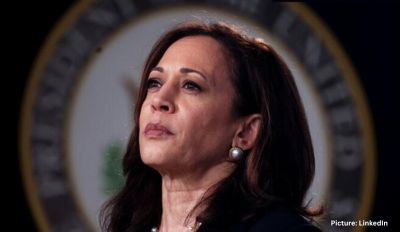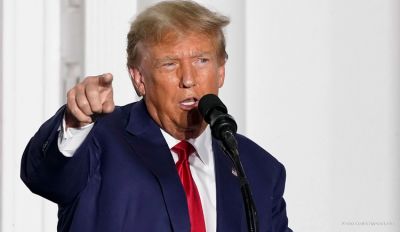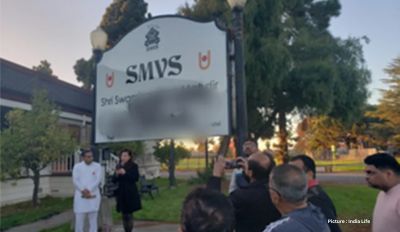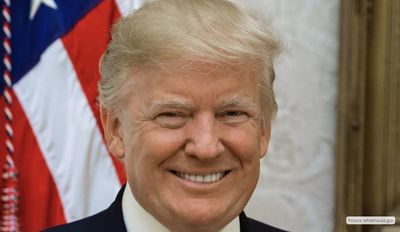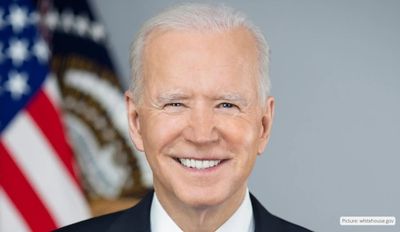Donald Trump, during his current presidential campaign, has spent a significant amount of time revisiting his 2020 election loss. However, behind the scenes, he and his team are actively crafting a plan for a potential return to power, with the intention of avoiding the pitfalls of his 2016 campaign.
For those wondering about Trump’s intentions if he were to be reelected in 2024, he’s leaving no room for ambiguity. This comprehensive plan is available in digestible portions on his campaign website, resonates through his rally speeches, and is documented by individuals entrusted with preparations for his second term, known as “Agenda47” in reference to his potential status as the 47th president of the United States.
In contrast to his 2016 bid, where he relied on a modest budget and a diverse team of political novices, Trump’s current preparations reflect a more organized and strategic approach. They are determined to avoid past mistakes and have formulated a playbook to navigate the complexities of governing, including potential resistance from a liberal bureaucracy.

This playbook has emerged throughout the year and covers a wide range of policy proposals. Some are visionary, such as investing in flying cars and creating “freedom cities” on federal land, while others are controversial, like relocating the homeless to tent camps outside cities. Trump delves into culture wars, advocating for patriotic values in state schools, and he emphasizes protectionist policies, calling for universal baseline tariffs on imports.
On immigration, he seeks to reinstate the policy of keeping undocumented migrants in Mexico during asylum applications and ending automatic citizenship for children of undocumented migrants born in the U.S. He pledges to cut international aid and potentially reduce U.S. involvement with NATO.
Energy is a top priority for Trump in 2024, with the goal of increasing supply to lower household bills, which he believes are contributing to inflation.
These policies are emblematic of Trump’s efforts to reshape the Republican Party, moving it away from the conservatism of previous Republican nominees and towards a blend of conservatism and populism.
To implement this agenda, Trump has established a network of organizations staffed by former senior Trump officials. These groups, with names like the Center for Renewing America and the America First Policy Institute, are generating position papers and documents to serve as a blueprint for policy implementation. They have recruited and trained conservatives who could be part of a future Republican presidential administration.
While Trump’s critics are concerned about the potential impact of such an administration, his supporters believe a more cohesive team could lead to a more effective presidency. The hope is that Trump will articulate a detailed agenda upon taking office, which would enable him to address critical issues, including energy, border security, and inflation.
However, a detailed agenda could also be used by Democrats as a basis for criticism. They may attempt to portray Trump and his advisers as out of touch with the majority of Americans, potentially criminalizing what many consider to be reasonable freedoms.
The ever-changing nature of Trump’s policies and the possibility of him discarding these proposals cannot be dismissed entirely. Nonetheless, those who know Trump well, including his former administration officials, are confident in their ability to influence his decisions.
In response to Democratic efforts to attack Trump’s agenda, his supporters are dismissive, believing that Trump’s unorthodox approach can ultimately engage the electorate, even when his proposals are controversial. They argue that Trump excels at breaking the mold of conventional political expectations.

